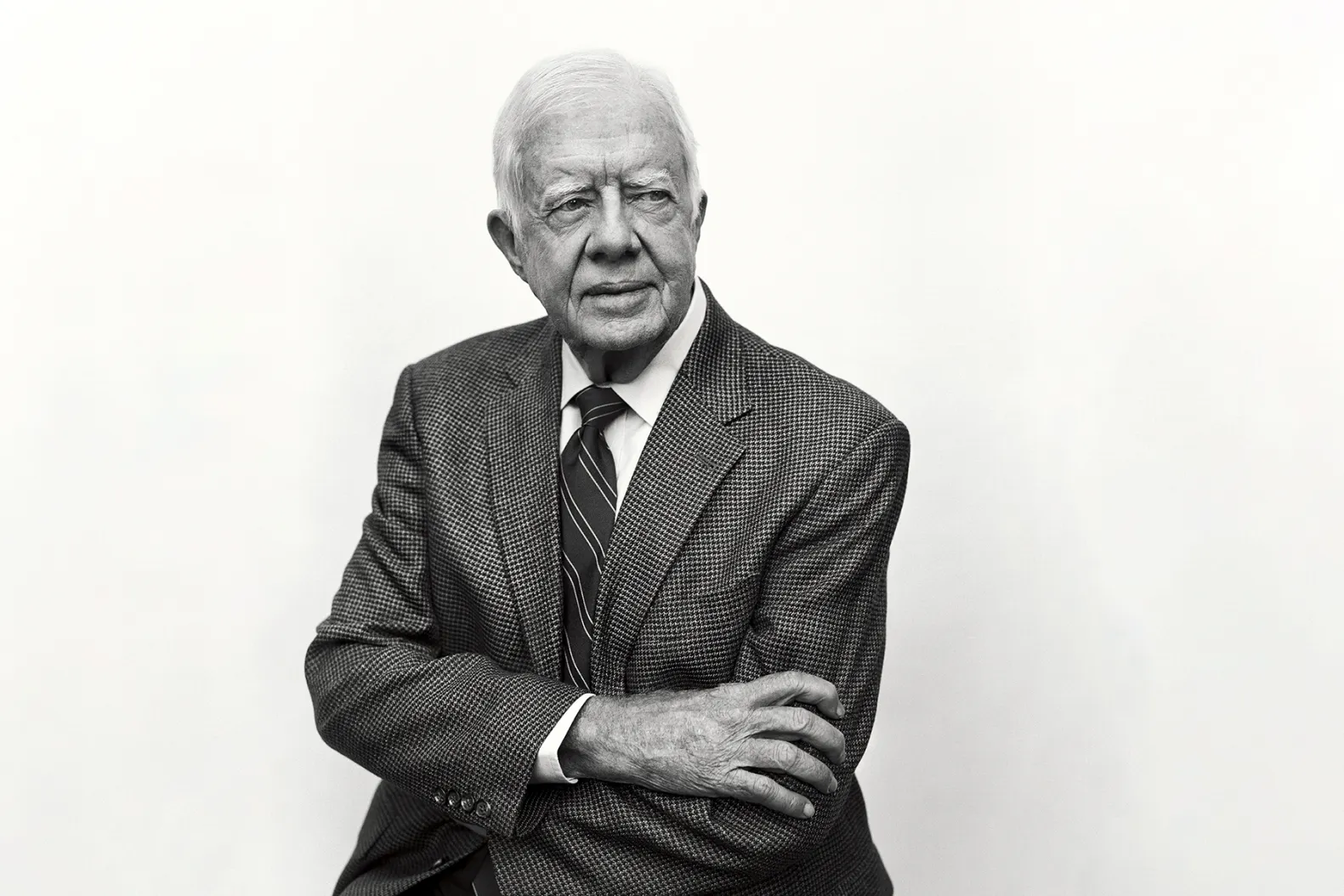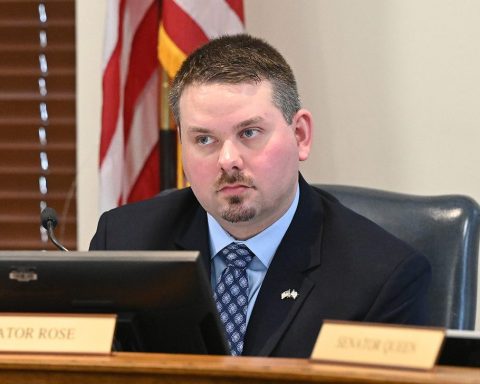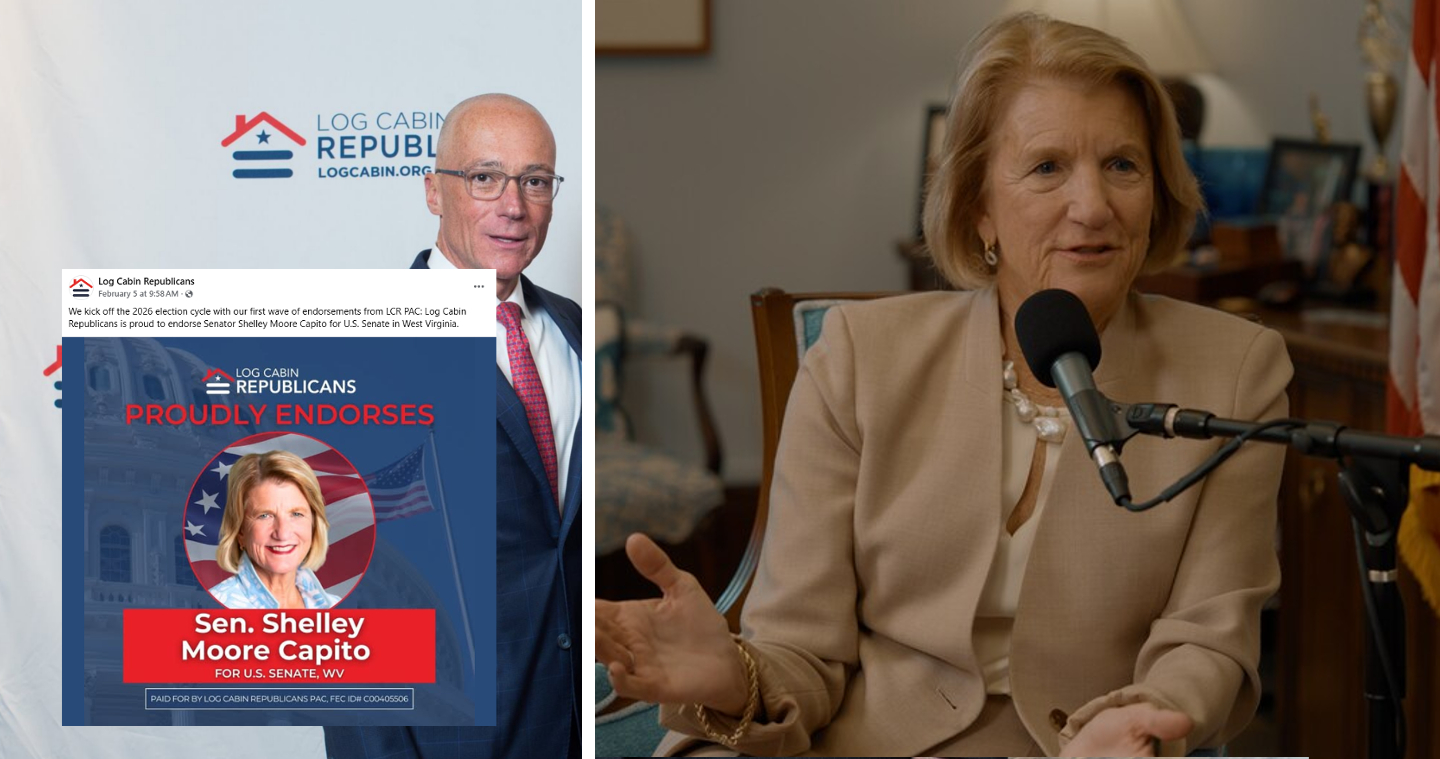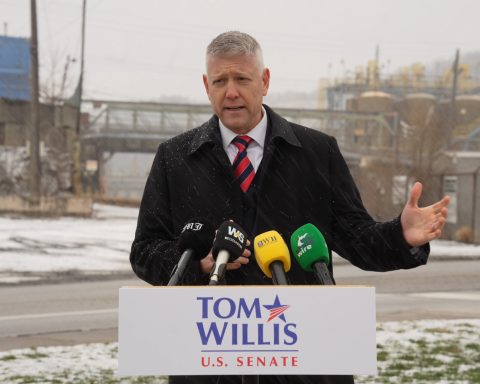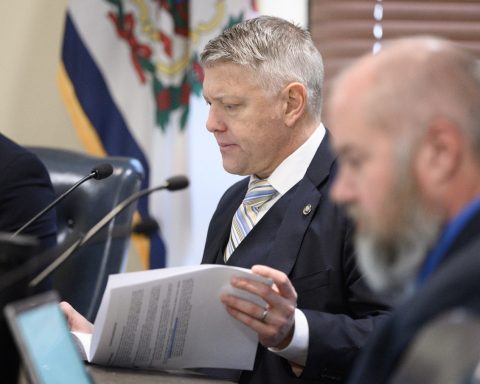PLAINS, GA — Jimmy Carter, the peanut farmer turned 39th president of the United States, passed away peacefully at his home on Sunday at the age of 100, according to the Carter Center. Known for his dedication to global humanitarian efforts, Carter’s legacy transcended his turbulent single term in office.
“My father was a hero, not only to me but to everyone who believes in peace, human rights, and unselfish love,” said his son, Chip Carter. “He brought the world closer together, and we honor his memory by continuing to live by those shared beliefs.”
Carter’s presidency, from 1977 to 1981, was marked by both triumphs and challenges. His crowning achievement was the 1978 Camp David Accords, which fostered peace between Israel and Egypt. Yet, his time in office was marred by an economic downturn, energy crises, and the protracted Iran hostage saga, which overshadowed his administration’s successes and contributed to his defeat by Ronald Reagan in 1980.
Carter entered the presidency promising “honesty” after the Watergate scandal. “I’ll never lie to you,” he famously pledged during his campaign. However, his administration struggled to maintain public confidence amid double-digit inflation and a hostage crisis that dominated headlines for over a year.
Despite leaving the White House unpopular, Carter’s post-presidential years aided his legacy. Through the Carter Center, he championed causes like election monitoring, conflict resolution, and disease eradication, earning him the Nobel Peace Prize in 2002 for his commitment to advancing human rights and peace.
Born James Earl Carter Jr. on October 1, 1924, in Plains, Georgia, Carter grew up in modest surroundings before attending the U.S. Naval Academy. He served in the Navy’s nuclear submarine program before returning to Plains to manage the family peanut farm. His entry into politics began with a seat in the Georgia State Senate, eventually leading to his governorship in 1971 and the presidency five years later.
Carter’s presidency saw the establishment of the Departments of Energy and Education, the ratification of the Panama Canal treaties, and the normalization of U.S.-China relations. However, his administration also faced setbacks, including the Soviet invasion of Afghanistan, an oil crisis, and failed rescue attempts during the Iran hostage situation.
Carter’s deeply religious upbringing influenced his leadership style. A lifelong Sunday school teacher, he often spoke of his faith and aimed to bring humility to the presidency, famously walking instead of riding during his inaugural parade in 1977.
In his later years, Carter faced health challenges, including cancer, but remained an active voice on global issues. He entered hospice care in February 2023 and attended his wife Rosalynn Carter’s funeral in November 2023, just weeks before his own passing. The couple, married for 77 years, shared a life deeply rooted in service, family, and faith.
Carter is survived by his four children and a legacy that continues to inspire. From brokering peace in the Middle East to battling poverty and disease worldwide, his contributions as a statesman and humanitarian will long be remembered.

